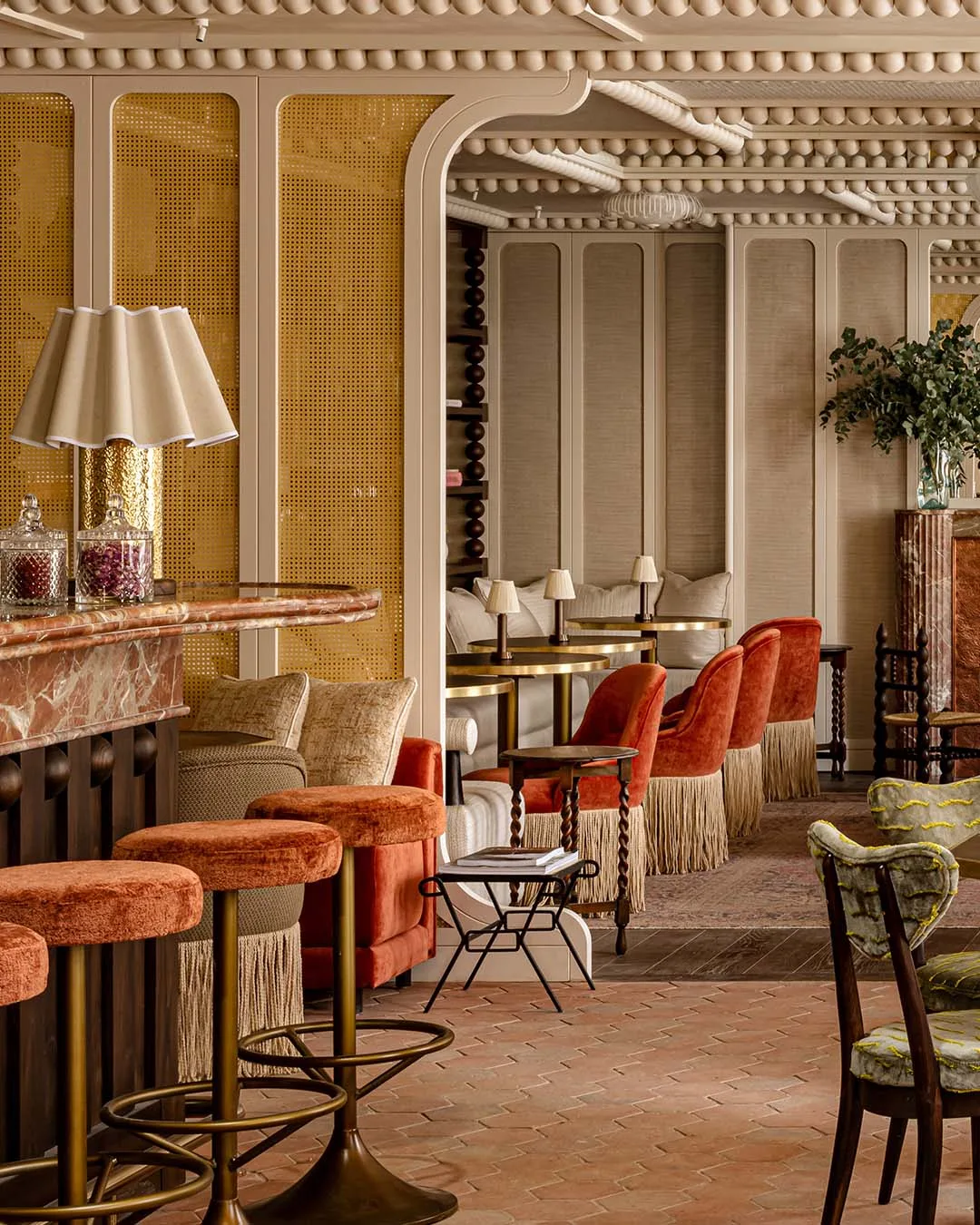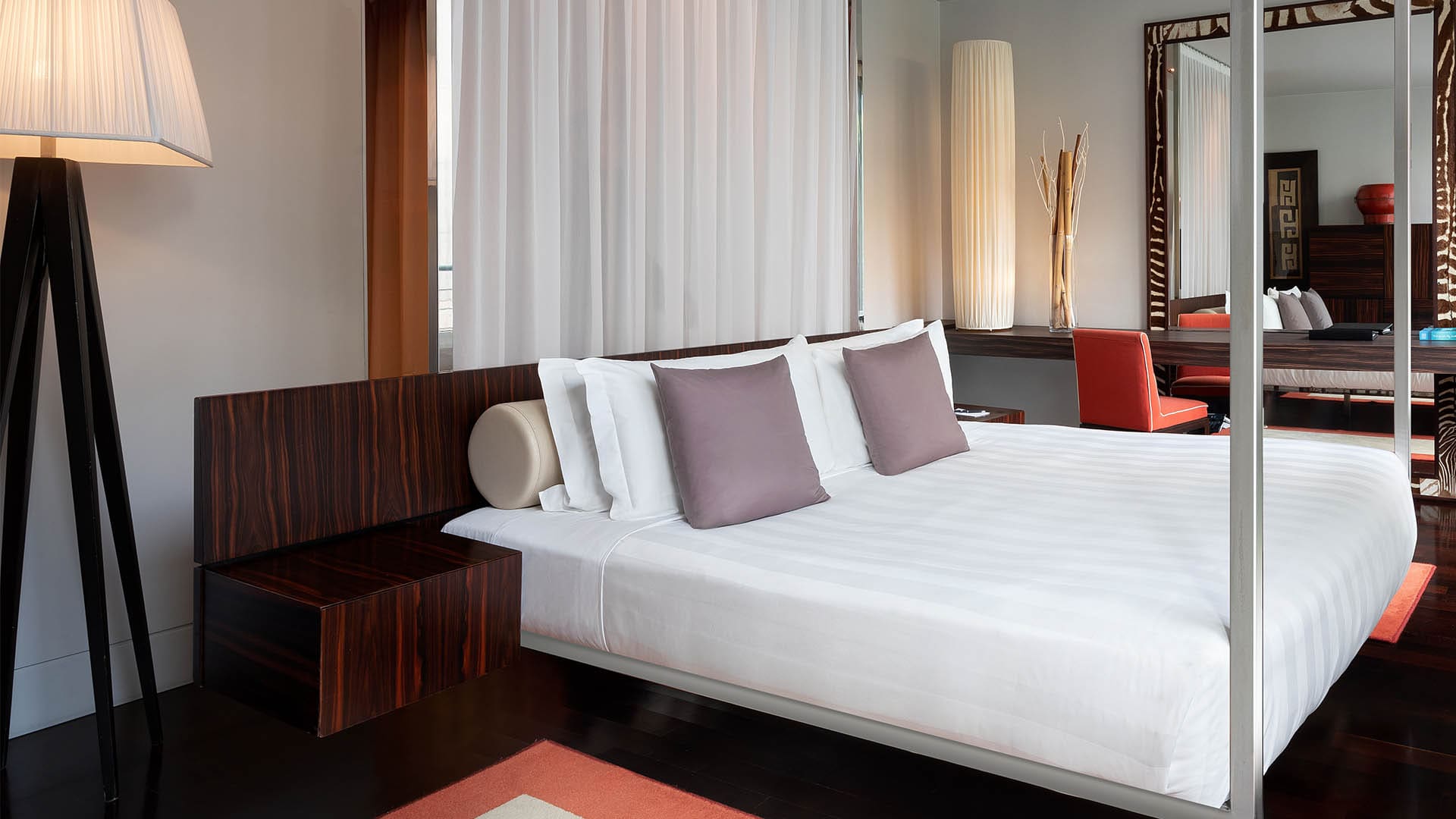
Oozing elegance from its Art Deco exterior just a stone’s throw from Milan’s duomo and Galleria Vittorio Emanuele, Sina The Gray is as stylish as its setting in the heart of the world’s fashion and design capital. Continuing her grandfather’s life-long love for Italy, third generation hotelier Valentina Simili upholds the importance of a personalised experience for each and every guest – many of whom send her postcards from all over the world after staying in her family-run, 21-bedroom boutique hotel.

What does being ‘Independently Minded’ mean to you?
Independently minded means the essence of thinking and acting the way we believe and not the way others believe for us. Being completely involved and having the maximum autonomy to decide the success of our own business. Giving our clients confidence and trust, with a personalised service and with a strategic tailor-made proposal. Compared with larger chain hotels, the independence of a single hotel or a family-owned collection of hotels makes a big difference from the client perspective.
What was the inspiration behind the hotel, and where do you continue to find sources of inspiration?
The story of SINA Hotels started more than 60 years ago – a story of family, tradition and passion. We are a family-owned company, and I am proud to be part of the third generation involved in the family business. My grandfather Ernesto fell in love with Florence and with a beautiful historical palace which he decided to open as a hotel. It was 1958 and Italy was the place to be, with La Dolce Vita sweeping through Rome and the grandeur of luxury hotels and restaurants all over the country. Times have changed since then but the inspiration for us is still the same, offering authentic Italian hospitality to our guests coming from all over the world.
How do you think your hotel stands apart from other boutique hotels?

What makes us unique is the relationship that we have with our guests, especially in our boutique hotels like the 21-bedroom Sina The Gray in Milan. The majority of our clients are repeater guests, they consider the hotel as their second home and the team as family, they send us postcards from their holidays, pictures of their babies, they share their ideas with us and sometimes also their suggestions on how we might improve. For us, this relationship is so important because we never stop learning and improving – this is our goal and what sets us apart.
If you only had 24 hours to get a taste for your hotel experience, what would you recommend a guest must do?
Milan is synonymous with fashion and the most stylish room at Sina The Gray is the Gallery Room, which has a unique view overlooking the Galleria Vittorio Emanuele II and at its end runs the 123-year-old Tram 1, the city’s historical first line. For shopping, I love La Rinascente mall which is just around the corner, where you can find the best selection of Italian luxury brands. I like visiting the galleries nearby, Pinacoteca Ambrosiana is my personal favourite! And of course, after a day of sightseeing, the best aperitivo spot is at Aria, our panoramic bar terrace at Sina The Gray – go for the Americano.

How would you describe your own perfect luxury experience?
I’m a very demanding client when I travel, especially when it’s for leisure and I travel with my family. However, I have to say that it’s the little things done right that make me happy and relaxed. When choosing my hotel, I don’t look for big chains or grand hotels, I prefer small boutique hotels, which are centrally located and have bags of charm. I actually usually browse SLH.com for inspiration!

My perfect luxury experience is a warm, welcome at the hotel with a big smile behind the check-in desk. A welcome glass of water or a soft drink and up to the room. I like bright and light rooms, simply decorated but with a certain je ne sais quoi, very quiet and with a nice personalised welcome amenity, dreamed up just for me. When I am with my seven-year-old child, I really appreciate the children amenities – this can make a stay a real luxury experience for all the family! It’s important to maintain a high level of service and to make guests feel at home.
Do you have a vision for the future of the hotel?
Our priorities have changed with the pandemic, both for personal and business life that are now merged together. We have learned the positive effects of working from home, which was relatively uncommon in Italy before. People’s needs have become more about the quality of life, we are more conscious about our wellbeing, our health and our family’s health, the value of time, the value of relationships. This new mentality will reflect on the tourism industry and how we prepare for our future trips, for leisure or for business.
Share this article
Latest stories

A winter guide to the Dolomites for sporty travellers
Next month, the Winter Olympics land in northern Italy, with Cortina d’Ampezzo and multiple mountain clusters across the region hosting events. This winter guide to the Dolomites is for travellers inspired by the Olympian spirit: staying active outdoors by day, then prioritising recovery, wellness, and deep rest by night. Across
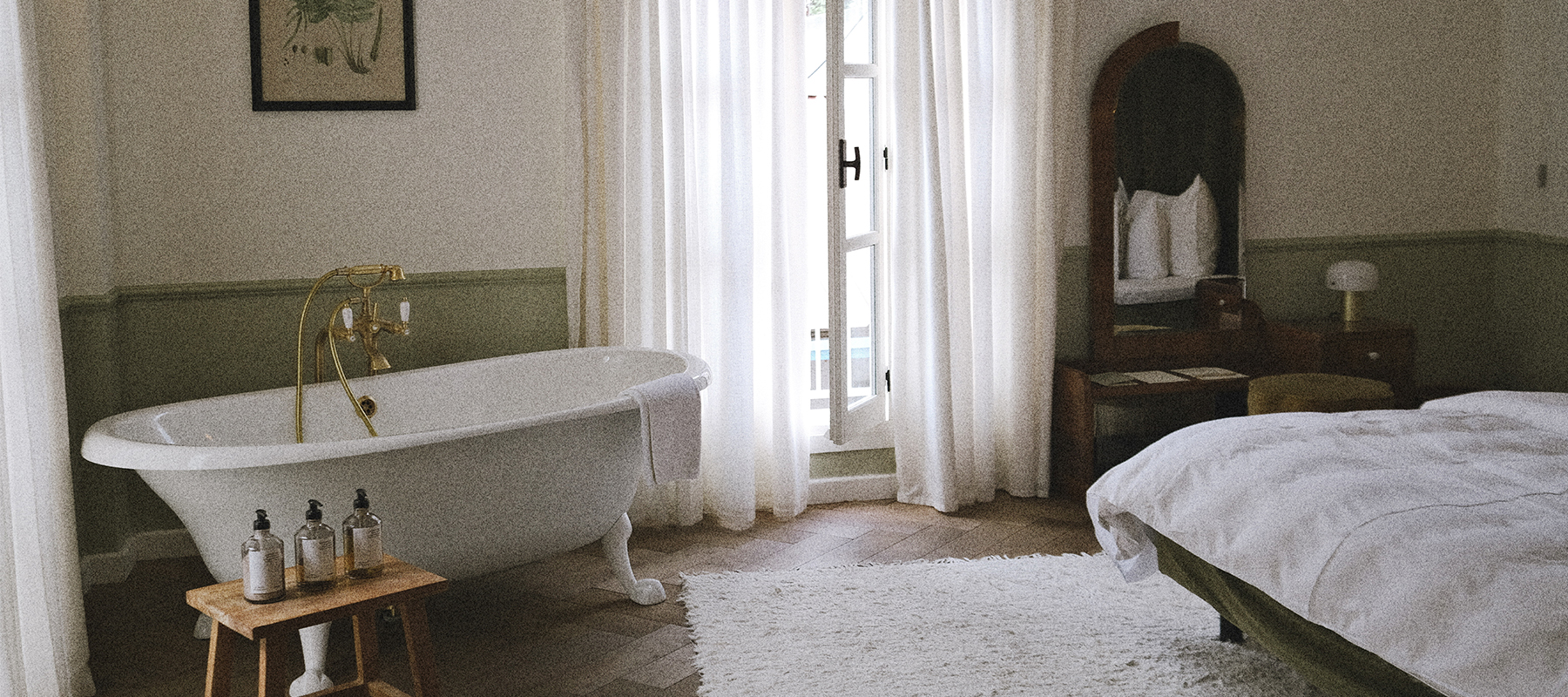
Out of season in Cyprus: discovering slow craft in Lefkara
Out of season in Cyprus, Lefkara doesn’t ask for your attention; it earns it by refusing to compete. The streets are narrower than you expect, the stone cooler under your palm than it looks, the air so clean it feels almost deliberate. You hear at your own pace: the sound
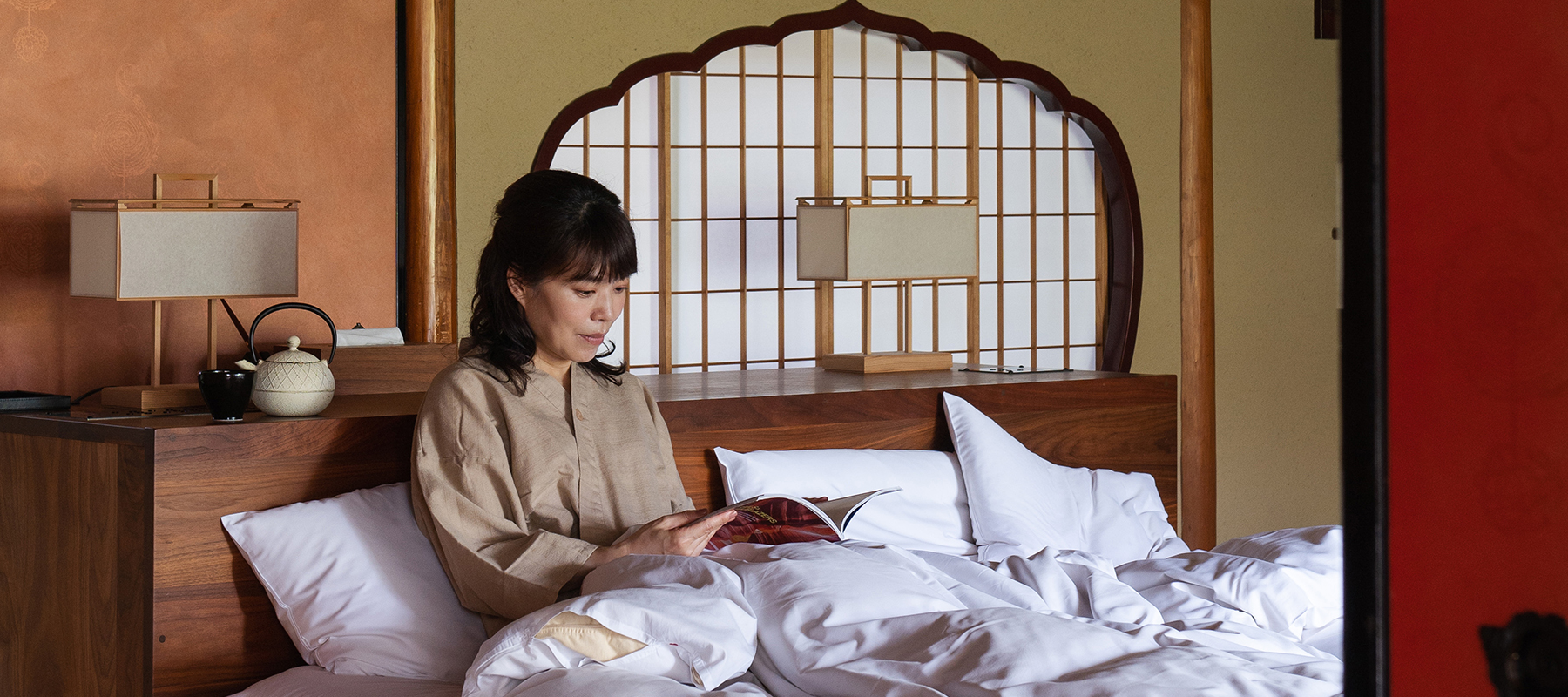
10 boutique hotels SLH Club members can’t wait to visit in 2026
This year, we skipped the crystal ball of travel trends and went straight to the source. Surveying SLH Club members on their most-wanted hotels for 2026 revealed a neatly edited mix: safari camps that migrate with wildlife, mountain retreats that prioritise wellbeing, and rainforest hideaways that rethink the villa concept.
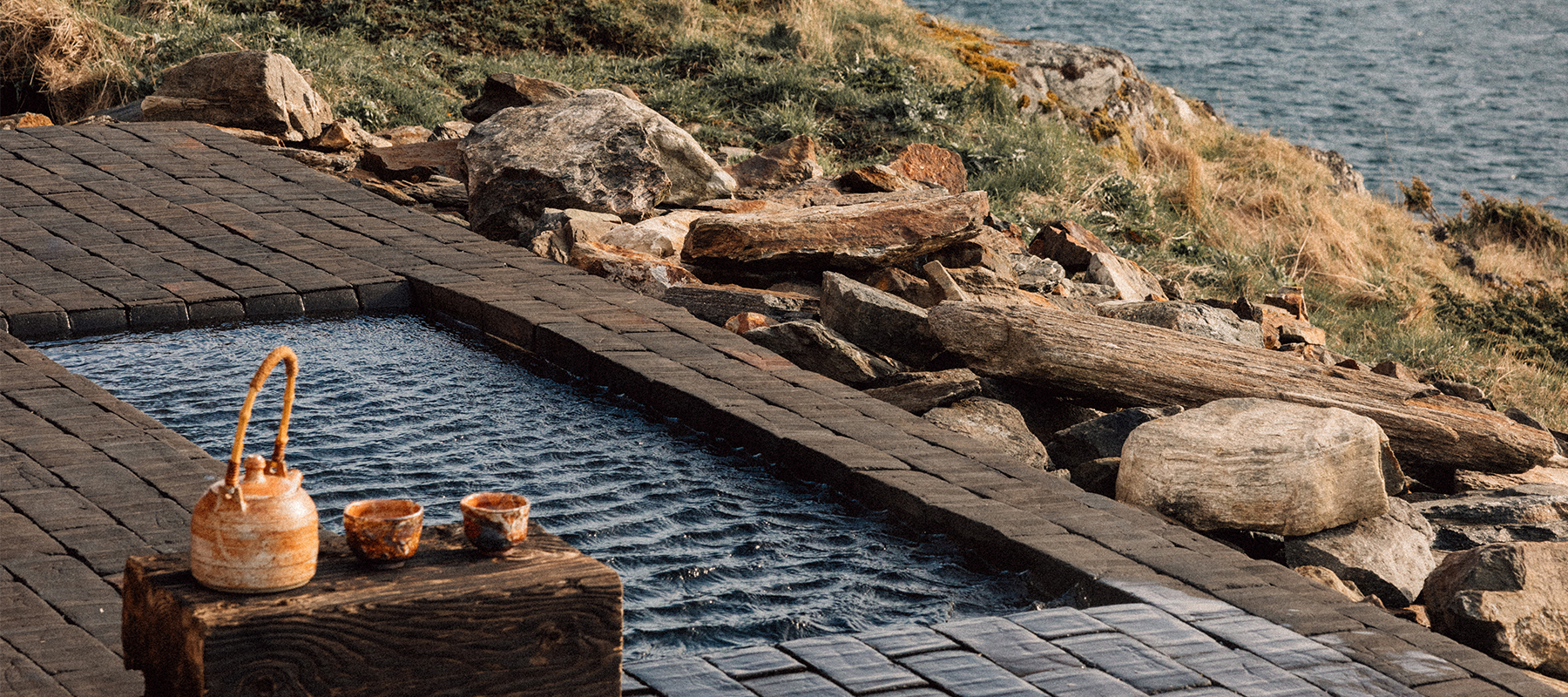
How bathing culture boosts health: saunas, onsen and contrast therapy
Saunas have been a way of life in the Nordic and Baltic countries for generations, as have Japanese onsen and soaking in geothermal hot springs everywhere from Iceland to Italy. Whether you choose to submerge yourself in mineral-rich spring water or bake in a sauna (traditional, infrared or steam), raising

